Posts
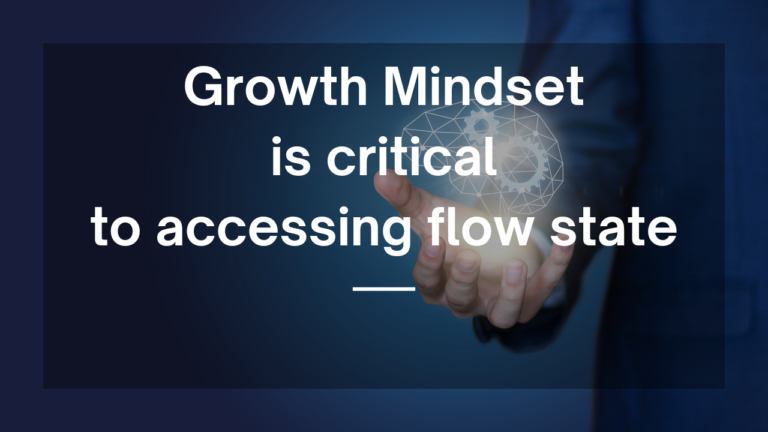
Growth Mindset and Flow State
Growth mindset doesn’t get enough credit in the discussion on optimal performance – in sport, business, or life. While many people know it’s benefits to learning and healthy development, far fewer people know how critical it is to accessing flow state – or being in “the zone” – which matters in business as much as it does in sport. People with a growth mindset more frequently set “mastery goals” (centered on learning and development) instead of “performance goals” (centered on competence). And mastery goals are linked to more flow experiences. One explanation for this could be that people with a growth mindset set mastery goals that are more challenging –
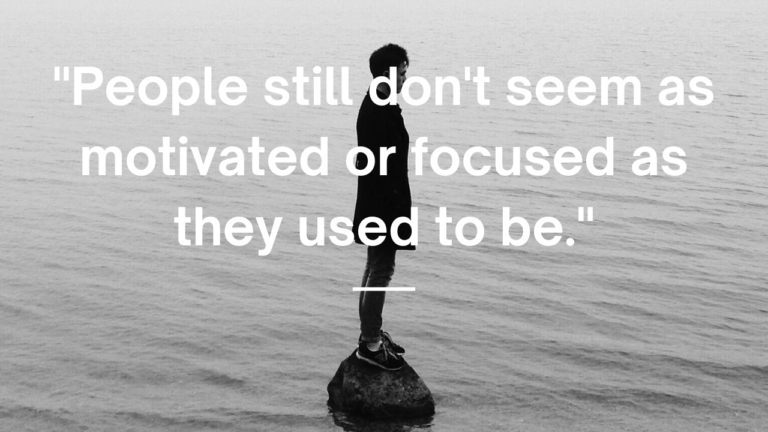
Motivation after Covid
Things to consider… Covid forced many people to re-evaluate their priorities and their identity. Many who used to tie their identity to work (and worked like their worth depended on it) felt like that was ripped from them – they were forced to connect other parts of their identity and other activities to sustain them. Many of have found their priorities and perspective has genuinely shifted – work no longer feels as important as it once did. Others may be afraid to go all-in because they’re afraid to have it stolen a second time – a coping response to the initial trauma. Are these the only possible reasons you’re seeing
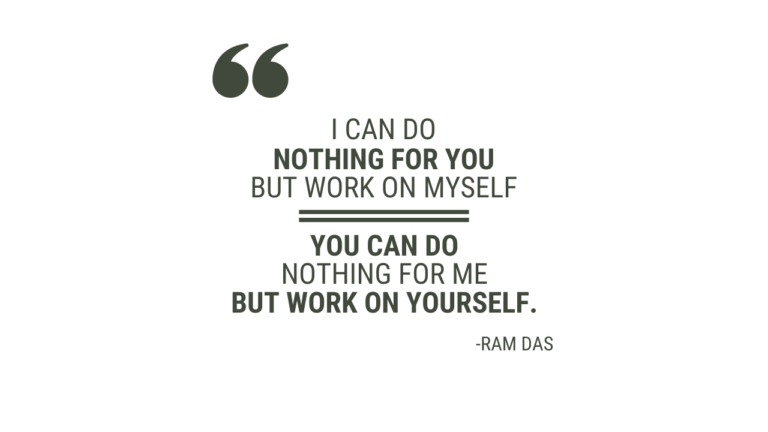
Work on Self
For all relationships…and for leaders in particular. Leaders in sportLeaders in businessLeaders in communitiesLeaders in families Too often we look at those around us and think or say, “I just wish I could help them…[fill in the blank].” There are lots of things we can do and strategies we can use to help those we lead. And one of the most powerful of those strategies, supported by spiritual teachers and scientists alike, is to work inward first and often.
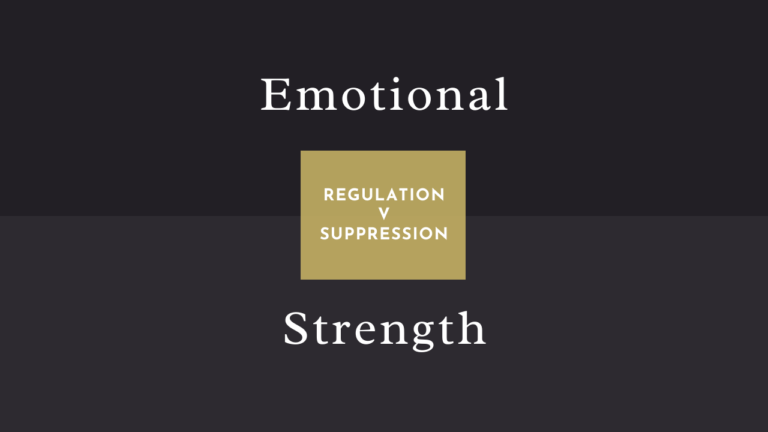
Emotion Suppression
Regulation = expression + suppression (and so much more). Regulation often becomes synonymous with suppression. But regulation also includes expression. According to @MarcBrackett, emotional regulation includes “monitoring, tempering, and modifying our emotional reactions in helpful ways in order to reach our personal and professional goals. This doesn’t mean ignoring inconvenient emotions – rather, it’s learning to accept and deal with them. People with this skill employ strategies to manage their own emotions and help others with theirs.” So what’s so bad about suppressing our emotions? Research shows… –Individuals who suppress emotion also suppresses their immune system. I’ll note here that while feelings and emotions are not responsible for health conditions, the
Emotional Intelligence
Partially born out of a search for an alternative intelligence as researchers became increasingly frustrated that IQ tests didn’t explain important life outcomes, EI initially surfaced in the 1990s and then became more popular in the 2000s with Dr. Daniel Goleman’s book. Now, is “EI” the end-all, be-all of thriving, high-performance, and excellent leadership? No. The research shows there are some situations or roles where EI matters a lot, and some where it matters less (and may even be detrimental). And the research also shows there are a host of other factors, including IQ, that play a role. In the area where I work – the human dimension – in
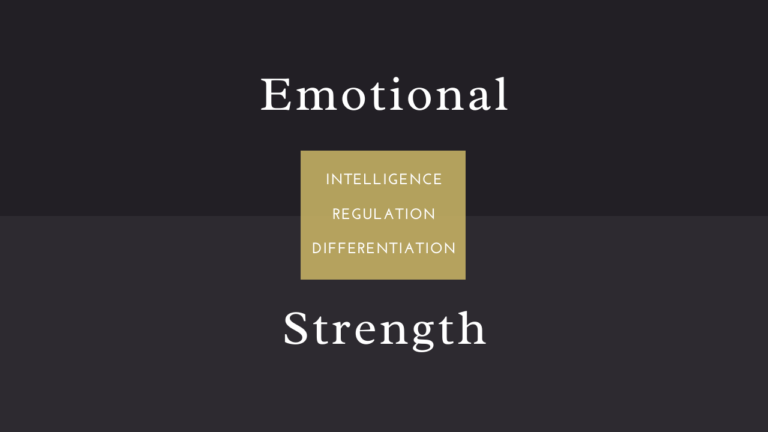
Why Emotions Matter
“They ensure our survival. They make us smarter. If we didn’t need them, they wouldn’t exist.” -Marc Brackett, “Permission to Feel.” Emotions influence This is the tiniest snippet of the decades of research that clearly demonstrate the importance of emotion in our lives. Sharing this with you, and you with others, is my effort to get people to give a damn about emotions – to see emotions as valid and important both at home and at work, to see emotions as central to our humanity and our success. If you’re curious about this topic, definitely check out the phenomenal book called “Permission to Feel” by Marc Brackett.
Start Your Journey
Let me help you unlock the potential within yourself and your team so you can achieve the results you want to achieve. Send me a message to get the ball rolling in a new direction.
